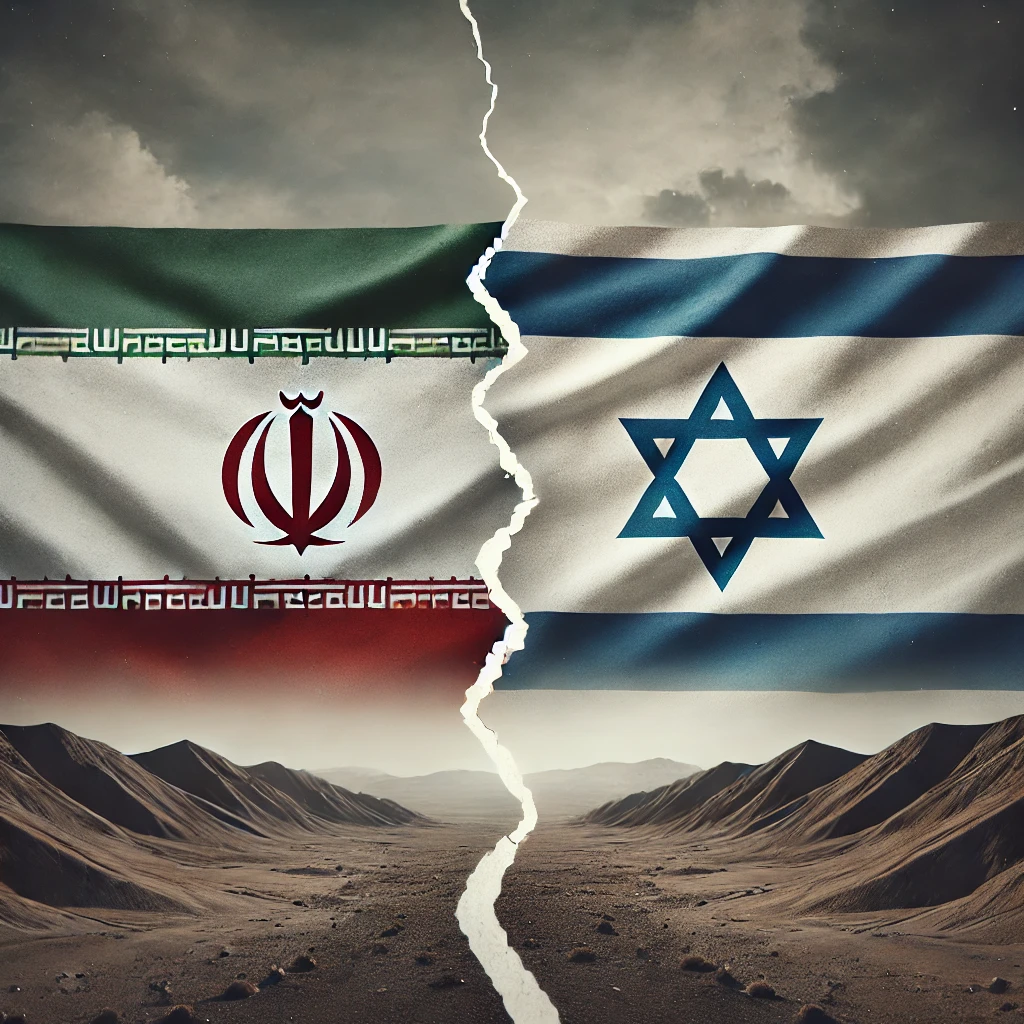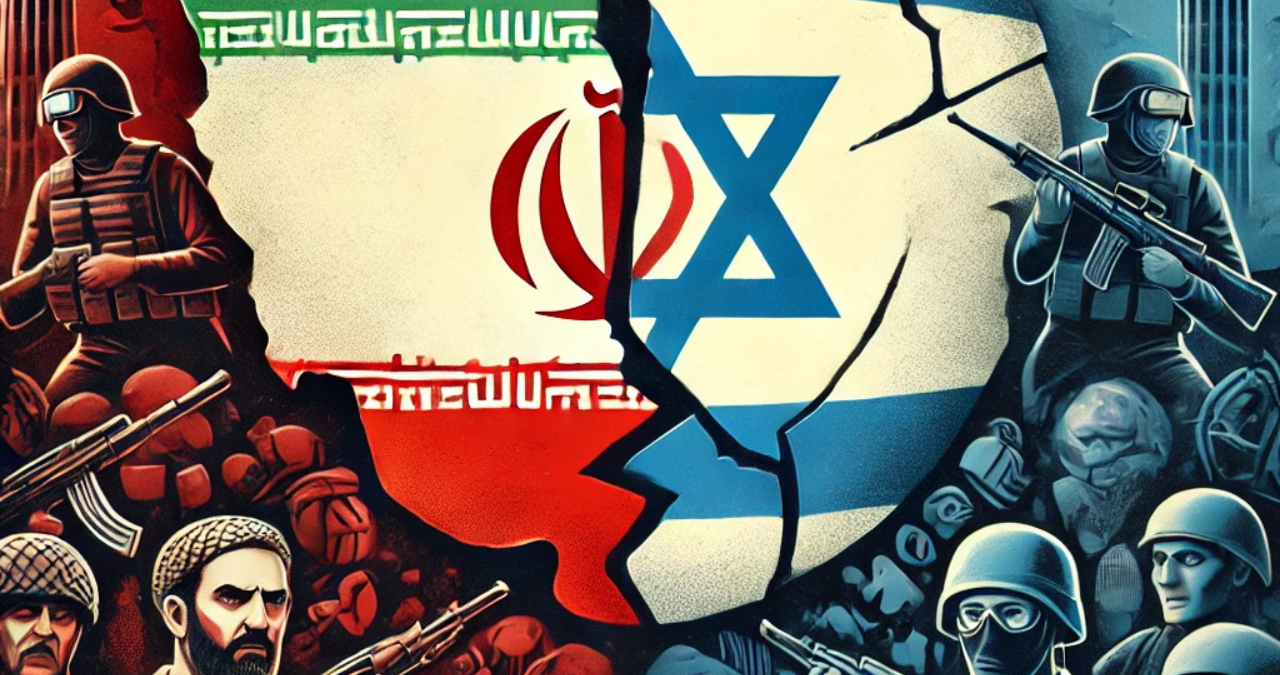Introduction
The relationship between Iran Israel has been one of the most complex and contentious in modern history. From a once-cooperative partnership to becoming iran israel ideological and geopolitical adversaries, their dynamic has had profound implications for regional stability and global politics. This article delves into the intricate layers of their rivalry, exploring its historical roots, key points of contention, regional and international impacts, and potential pathways for resolution. Understanding this relationship is crucial for comprehending broader Middle Eastern iran israel dynamics and the prospects for peace in the region.
Historical Background
1.1 The Early Years: Pre-Revolutionary Alliance
Before 1979, Iran and Israel enjoyed a mutually beneficial relationship rooted in shared strategic interests. Under the leadership of Shah Mohammad Reza Pahlavi, iran israel recognized Israel as an anomaly among predominantly hostile Arab nations. The two countries collaborated in intelligence sharing, military support, and economic trade. Iran supplied Israel with oil, while Israel aided Iran in modernizing its infrastructure and military capabilities. This partnership symbolized a pragmatic alliance in a volatile region, with both nations benefiting from a common adversary: Arab nationalism.
1.2 Post-1979 Revolution: From Allies to Adversaries
The 1979 Iranian Revolution marked a seismic shift in Iran-Israel relations. The new Islamic Republic, under Ayatollah Khomeini, adopted a vehemently anti-Israel stance, labeling Israel as the “Little Satan” and a symbol of Western imperialism. Tehran’s ideological pivot included championing the Palestinian cause and supporting groups like Hezbollah and Hamas. This shift transformed Iran from an ally into one of Israel’s most vocal and active opponents, laying the groundwork for decades of hostility.
Key Issues and Points of Contention
2.1 Ideological Divide
The ideological chasm between Iran and Israel is profound. Iran’s Islamic Revolution infused its foreign policy with religious zeal, positioning itself as the leader of resistance against Zionism. Meanwhile, Israel views Iran’s rhetoric and actions as existential threats, especially with Tehran’s calls for the destruction of the Jewish state. This clash of ideologies underpins much of the animosity between the two nations.
2.2 The Nuclear Question
Iran’s nuclear ambitions have been a significant source of tension. Israel, fearing the possibility of a nuclear-armed Iran, has taken an aggressive stance, including covert operations like the assassination of Iranian scientists and cyberattacks such as the Stuxnet virus. The 2015 Joint Comprehensive Plan of Action (JCPOA) temporarily eased tensions but was later abandoned by the U.S., reigniting concerns. Israel continues to view Iran’s nuclear program as a direct threat to its security.
2.3 Regional Proxies and Influence
Iran’s support for militant groups like Hezbollah and Hamas adds another layer to the conflict. These groups, heavily armed and funded by Iran, have engaged in numerous confrontations with Israel, including cross-border attacks and rocket fire. Israel’s military responses, including strikes in Syria targeting Iranian assets, highlight the proxy nature of their rivalry.
2.4 Economic and Cyber Conflicts
Economic sanctions and cyber warfare have become additional battlegrounds. Israel has lobbied extensively for international sanctions against Iran, while both nations have engaged in cyberattacks targeting critical infrastructure. These tactics showcase the evolving nature of modern warfare, where digital and economic tools complement traditional military strategies.
Regional and Global Implications
3.1 Impact on the Middle East

The Iran-Israel conflict reverberates across the Middle East, influencing regional alignments and tensions. Iran’s alliances with Syria, Hezbollah, and various Shia militias counterbalance Israel’s growing ties with Sunni Arab nations like the UAE and Bahrain through the Abraham Accords. This rivalry exacerbates existing sectarian divides and complicates efforts toward regional stability.
3.2 International Reactions and Alliances
Global powers play significant roles in this conflict. The United States—a staunch ally of Israel—provides military and economic support while opposing Iran’s regional ambitions. Conversely, Russia and China have engaged with Iran to counterbalance Western influence. This international involvement underscores the broader geopolitical stakes tied to Iran-Israel relations.
3.3 Potential for Conflict or Cooperation
Despite the deep animosity, there are moments of cautious optimism. Some experts argue that shared interests, such as combating extremist groups, could create opportunities for dialogue. However, the likelihood of direct conflict remains high, given the entrenched nature of their rivalry and the absence of trust.
Future Prospects
4.1 Challenges Ahead
The road to reconciliation is fraught with challenges. Ideological differences, security concerns, and regional ambitions create complex obstacles. Both nations must address these foundational issues to move toward any meaningful resolution.
4.2 Opportunities for Resolution
International diplomacy offers a pathway to de-escalation. Multilateral forums and confidence-building measures, such as arms control agreements, could help reduce tensions. Grassroots movements advocating peace and cultural exchange programs might also play a role in softening public perceptions.
4.3 Lessons from History
History offers valuable lessons on the importance of pragmatism and dialogue. Other prolonged rivalries, such as the Cold War, demonstrate that even the most profound conflicts can find pathways to coexistence through negotiation and mutual understanding.
Conclusion
The relationship between Iran and Israel remains one of the most volatile in international politics. Rooted in ideological divides and amplified by geopolitical competition, their rivalry has shaped the Middle East’s modern history. Addressing this conflict is not only essential for regional stability but also for global security. While the path to peace is steep and uncertain, fostering dialogue and promoting mutual understanding are critical steps toward a more stable future.
FAQs
- Why did Iran and Israel shift from allies to adversaries?
- The 1979 Iranian Revolution transformed Iran’s political ideology, leading to hostility toward Israel and a focus on opposing Zionism.
- What role does the Iranian Revolution play in the conflict?
- The revolution marked Iran’s shift to an anti-Israel stance, prioritizing the Palestinian cause and opposing Western influence.
- How has the nuclear issue intensified tensions between Iran and Israel?
- Israel views Iran’s nuclear program as a direct threat, leading to covert operations and lobbying for international sanctions.
- What are the significant regional implications of their rivalry?
- The conflict influences Middle Eastern alliances, exacerbates sectarian divides, and impacts regional stability.
- Is there any chance of reconciliation between Iran and Israel in the future?
- Reconciliation is challenging but not impossible, with diplomacy and confidence-building measures offering potential pathways.
You May Also Read: https://ventsbuzz.pro/newswatch-16/




